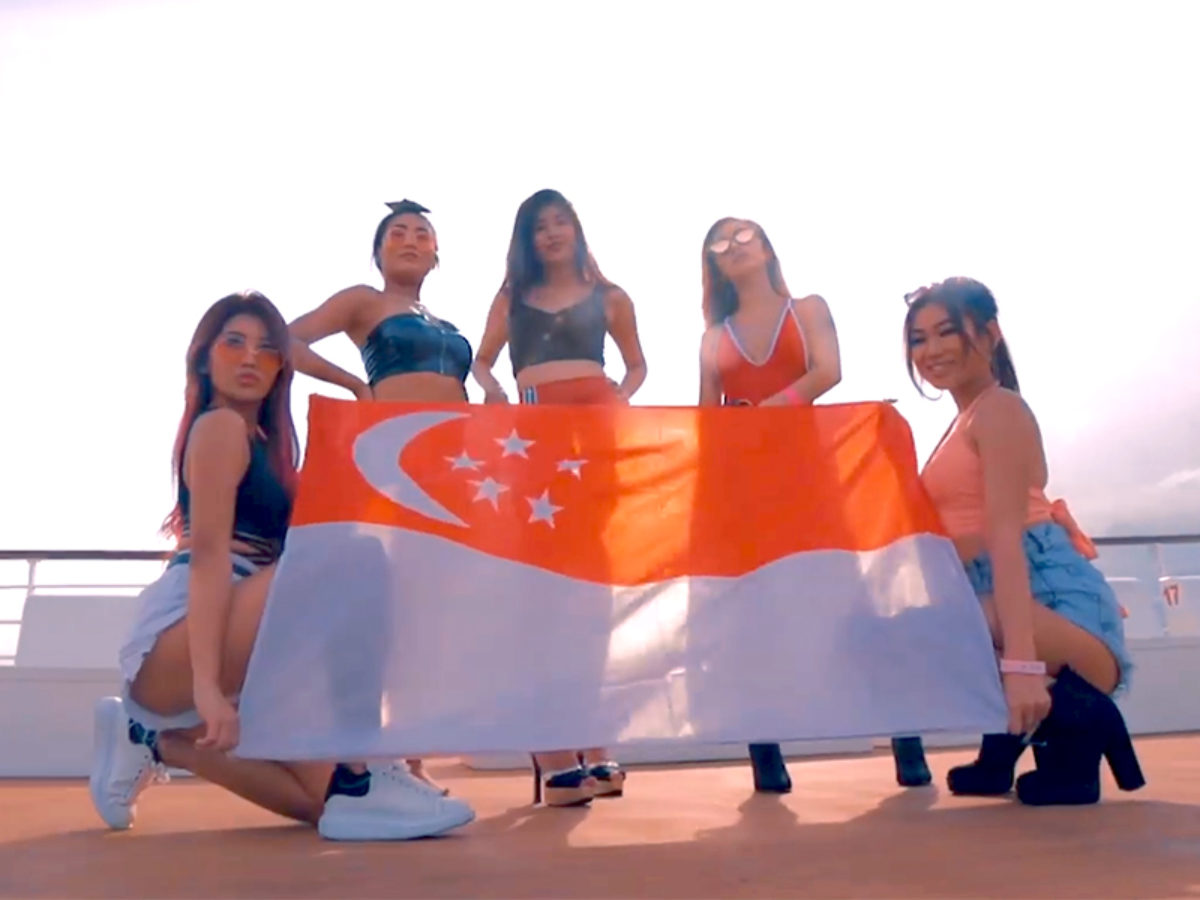- Joined
- Oct 5, 2018
- Messages
- 17,518
- Points
- 113
Countries like Singapore, while lauded for free trade agreements, are masters of the non-tariff trade weapons that level the playing field in their favor.
Our customized trade obstacles quietly inflate our costs and creating market bottlenecks that disproportionately hurt foreign imports.
Despite having a free trade agreement in place with the U.S., our approach to international trade isn’t as open as it seems on paper. Singapore utilizes a myriad of trade barriers that put US goods and services at a distinct disadvantage, facing a prolonged struggle to break into these markets.
Singapore slaps massive duties on everything from alcohol to vehicles, making U.S. products substantially more expensive for local consumers. A bottle of American whiskey, for example, could see a staggering >200% taxes. Singapore government uses taxes to tilt demand from these products. That’s clearly not free trade. Then there’s the issue of vehicles. Singapore’s Certificate of Entitlement (COE) system, alongside taxes that target larger-engine vehicles, disproportionately hurts American brands like Harley-Davidson. For a motorcycle to hit the streets of Singapore, its owner has to pay a price tag that can exceed the cost of the bike itself in taxes. Like many countries, food and medical products require localized testing, certification and labeling in Singapore. Success is about whether you can navigate the labyrinth of taxes and restrictions that countries like Singapore have in place.
It doesn’t stop with goods. Financial, legal, and media services in Singapore face strict licensing requirements.These barriers make the market seem open while ensuring that local players, often with government backing and influence, have the advantage over foreign competitors.
Tariffs are just the tip of the iceberg. Countries like Singapore may tout 0% tariffs, but beneath the surface, it’s a different story.

Our customized trade obstacles quietly inflate our costs and creating market bottlenecks that disproportionately hurt foreign imports.
Despite having a free trade agreement in place with the U.S., our approach to international trade isn’t as open as it seems on paper. Singapore utilizes a myriad of trade barriers that put US goods and services at a distinct disadvantage, facing a prolonged struggle to break into these markets.
Singapore slaps massive duties on everything from alcohol to vehicles, making U.S. products substantially more expensive for local consumers. A bottle of American whiskey, for example, could see a staggering >200% taxes. Singapore government uses taxes to tilt demand from these products. That’s clearly not free trade. Then there’s the issue of vehicles. Singapore’s Certificate of Entitlement (COE) system, alongside taxes that target larger-engine vehicles, disproportionately hurts American brands like Harley-Davidson. For a motorcycle to hit the streets of Singapore, its owner has to pay a price tag that can exceed the cost of the bike itself in taxes. Like many countries, food and medical products require localized testing, certification and labeling in Singapore. Success is about whether you can navigate the labyrinth of taxes and restrictions that countries like Singapore have in place.
It doesn’t stop with goods. Financial, legal, and media services in Singapore face strict licensing requirements.These barriers make the market seem open while ensuring that local players, often with government backing and influence, have the advantage over foreign competitors.
Tariffs are just the tip of the iceberg. Countries like Singapore may tout 0% tariffs, but beneath the surface, it’s a different story.

